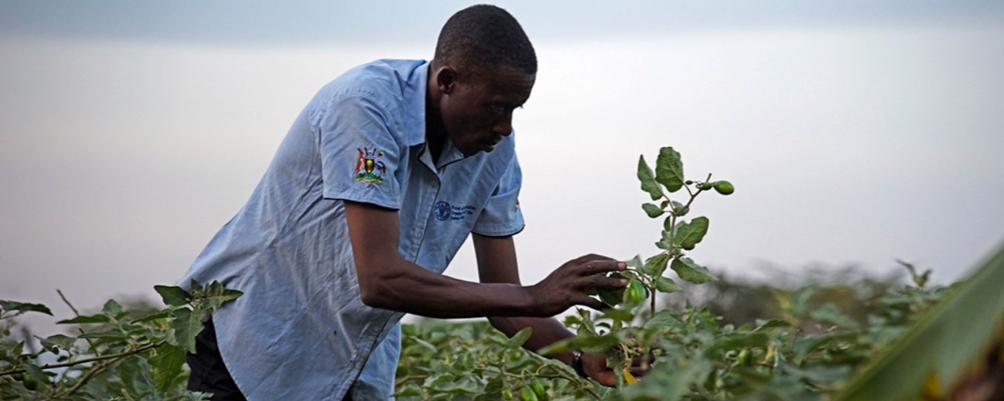
VLC courses
The VLCs offer courses in three main subject areas, One Health capacity development, animal health and production and agroecology. Courses are available in a range of formats, including online tutored courses, blended learning, technical webinars and mobile learning.
Our audience
Our training courses target country actors in areas related to FAO’s One Health mandate, including government officials and technical staff, programme and project coordinators and professionals working in the field including veterinarians, animal health workers, experts in forestry, wildlife, aquaculture, fisheries and public health. Our trainees are located around the world and come from a variety of institutions. They include government staff, university students, researchers and members of the private sector.
FAO virtual communities
Most VLC courses are tutored. Tutored courses combine convenient self-paced study with a unique opportunity to discuss and network with international experts and regional colleagues. Networking occurs through online discussion forums, live virtual sessions, social media and messaging platforms. Participants share knowledge on the concepts of the training under the guidance of expert trainers, linking this knowledge with observations in their home countries. Often colleagues in different countries experience similar challenges and virtual networking allows us to come up with locally appropriate and innovative solutions. The VLCs can therefore work as a platform to facilitate South-South Cooperation.
VLCs and the Sustainable Development Goals
The VLCs directly contribute to the Sustainable Development Goals (SDGs), specifically SDG 1 (no poverty), SDG 2 (zero hunger), SDG 5 (achieve gender equality) and SDG 10 (reduced inequalities). Our training courses contribute to improving the productivity and sustainability of agriculture and food production systems by building the skills of a range of actors along the value chain (SDGs 1 and 2). In addition, the VLCs strategic deployment across regions, with trainees able to study courses free of change and at a time and place most suitable for them, ensures access to all (SDG 10). Furthermore, the VLCs consider the impacts of gender on accessibility to online training resources, with the aim of understanding and bridging any gaps that exist (SDG 5).